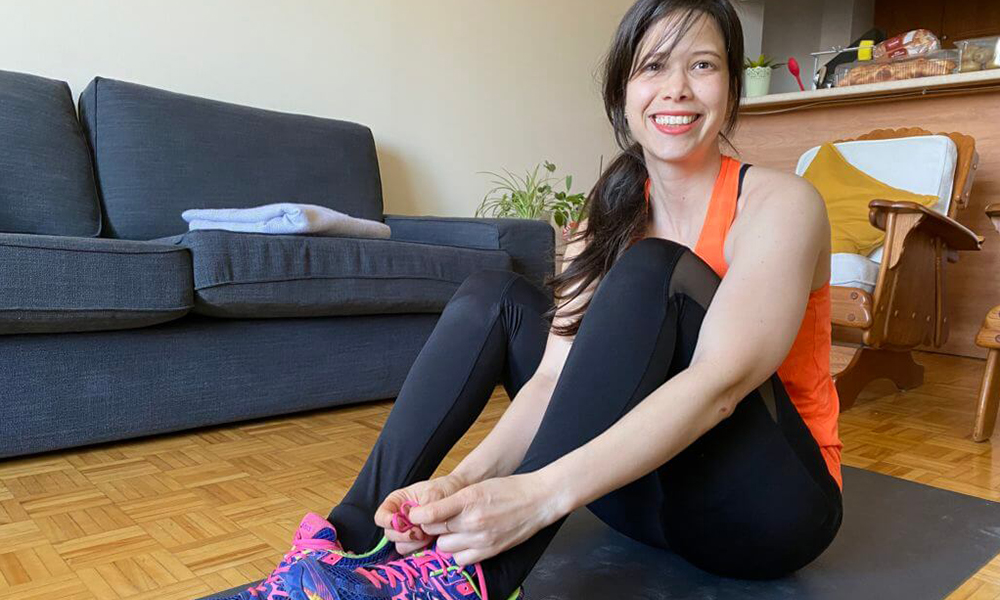Finding — and maintaining! — your work–life balance
 When you’re learning remote, it can be a challenge to figure out how much time you should spend studying. If you’re juggling studies with work, family or other commitments, it can be even harder.
When you’re learning remote, it can be a challenge to figure out how much time you should spend studying. If you’re juggling studies with work, family or other commitments, it can be even harder.
One thing to keep in mind is that, when it comes to overall well-being, you can’t take shortcuts. It’s very easy to fall victim to the idea that the more you do now, the less you’ll have to do later. But the nose-to-the-grindstone approach inevitably leads to burnout, creating even more work further down the road.
The fact is, when people are tired and overworked, they become less productive and less creative. They’re more likely to make mistakes, which take time to go back and correct.
People are also more susceptible to sickness. When life is busy, the last thing you need is to spend a week in bed with a cold! What you need to do is work better, not longer.
Academic Balancing Act
To establish a sustainable approach to remote learning, you need to find your balance. Human beings need the right blend of work, leisure, sleep and activity to stay happy, healthy and productive. So how do you achieve that?
Master time-management
Time is your most precious commodity; learn to invest it wisely. Prioritize what you need to accomplish over the days and weeks ahead. Then come up with a schedule, and stick to it. Don’t let extraneous activities get in the way of what you need to get done each day.
Set realistic goals
Plan your workload accordingly so you can achieve excellent results without compromising your physical or mental health. Your schedule should factor in breaks, as it is a mistake to try to cram in everything at once. To prevent student burnout, try alternating between focused work and less intellectually demanding activities. And don’t shortchange sleep!
Eat well (by planning ahead)
For some remote students, one of the pitfalls of learning from home is the constant lure of the kitchen. To avoid binging on “quick fix” foods that are high in salt or sugar, keep your fridge stocked with healthy meals and snacks. It helps to plan each week’s meals in advance so you don’t have to interrupt your studies to prepare food every day.
Keep moving
Our bodies weren’t built to remain stationary all day. Take exercise breaks to loosen your limbs and strengthen your joints. You might be surprised at how much it improves your ability to study. If you already have a regular exercise routine, do your best to stick to it throughout your studies. If you’re new to exercise, don’t sweat it; you don’t have to sign up to run a marathon. Exercise can be as simple as a half-hour walk through your neighbourhood. The important part is to get moving.
Let your mind wander
While you’re letting your body out for some fun, give your mind a bit of playtime, too. This isn’t licence to spend hours a day on social media. In fact, it’s just the opposite; it’s about unplugging from your devices and seeing where your mind takes you. Daydreaming has been shown to help the brain organize thoughts and come up with new, subconscious ideas. Some of our best ideas come to mind when we aren’t actively trying to think of them. So if you’re stuck on how to tackle an assignment, switch gears. Work on something unrelated to your studies or take a quick break from work altogether. Think of it as defragmentation for your brain!
When it comes to finding your balance, the main thing is to find what works for you. Remote learning, whether it’s completing a program or simply taking a course you’re interested in, it is about improving your life for the long-term. Take steps to ensure that the learning process does the same for you now, in the short-term.


